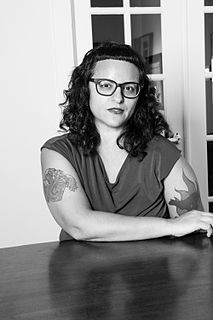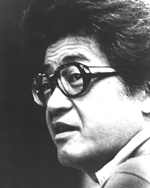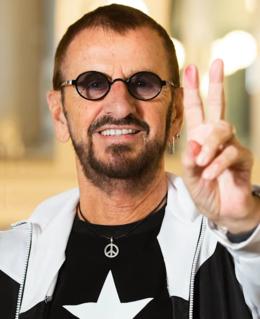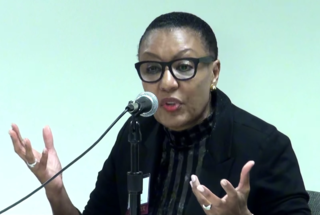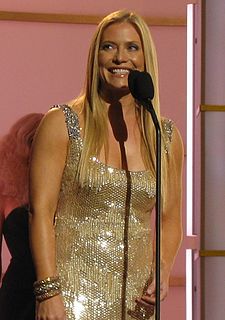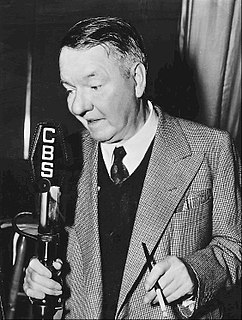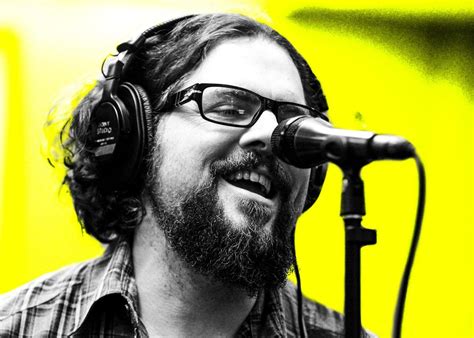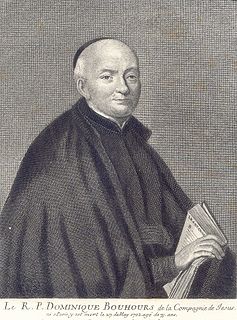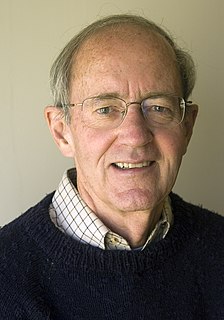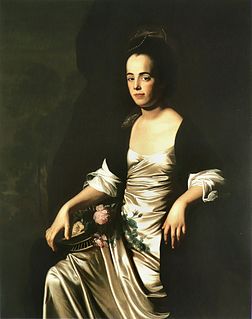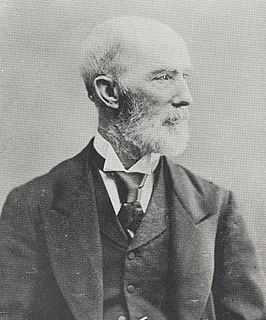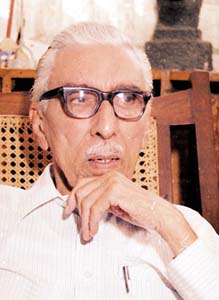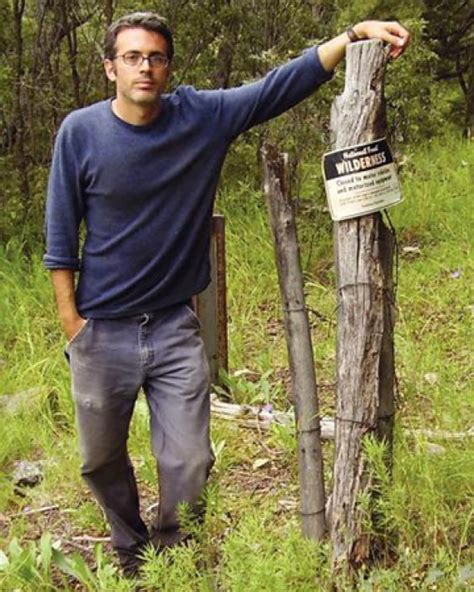A Quote by Wendy C. Ortiz
Overwhelm, panic, and wanting to flee were states of being in my everyday life as I tried to figure out life on my own, in the city I had grown up in, after an entire life made in Olympia, Washington for the eight years previous.
Related Quotes
A tower of illusion, all of it, made of illusory bricks and full of holes. If life were made up only of imporant things, it really would be a dangerous house of glass, scarcely to be handled carelessly. But everyday life was exactly like the headlines. And so everybody, knowing the meaninglessness of existence, sets the centre of his compass at his own home.
I think some people had, probably, a time in their life where they were good at two things and they had to make a big decision. For me, it was never like that - I just skied every day of my life and kind of made the right steps in the right direction, and so there wasn't really a choice of like, "What should I do?" I remember when I was like 10 years old, I was just wanting to be in the Olympics and wanting to compete in the World Cup, and there was never another choice in my head.
My world, the world that I have grown up in, is very different. I have had intrusions from the outside since the day I was born because of my dad. Always wanting to talk to you. A lot of players only get that when they turn pro so the first 18 years of their life were the same as any other person's.
I knew I had found my life's passion after writing my first column for The Washington Post. The response was like nothing we had seen in the business section. Everyday people were writing that finally someone was speaking to them in a way that was understandable. I think we were all shocked at how many readers wrote in to say that they too had a Big Mama who taught them about money.
My life after childhood has two main stories: the story of the hustler and the story of the rapper, and the two overlap as much as they diverge. I was on the streets for more than half of my life from the time I was thirteen years old. People sometimes say that now I'm so far away from that life - now that I've got businesses and Grammys and magazine covers - that I have no right to rap about it. But how distant is the story of your own life ever going to be? The feelings I had during that part of my life were burned into me like a brand. It was life during wartime.
When Adam's House Cat broke up in 1991, which was Cooley and my band for six years, I put my entire life, heart, and soul into that thing. I mean everything. I ended up getting divorced over it, and then the band broke up and I was left with nothing. I had nothing to show for six years of my life except for a finished record that still hasn't come out. And I went through a pretty deep, dark, two-year depression after that, [which] probably resulted in some of the earlier songs that became Drive-By Trucker songs, for that matter.
